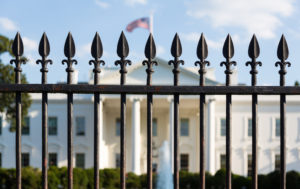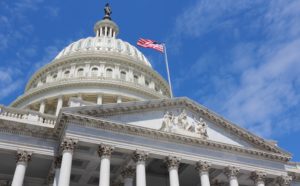What President Trump’s Infrastructure Agenda Gets Wrong
The Administration’s goal of “streamlining” infrastructure review is fundamentally misguided.
Can Health Regulation Move Beyond Markets?
To improve the health care system, the values Americans have about health care must change.
Improving Front-of-Package Food Health Labeling
Food regulators in the United States should adopt smarter front-of-package labeling to encourage healthier eating.
Modernizing the Human Subjects Regulations
Given its importance in scientific development, human subjects research requires close regulatory attention.
The Institutions for Mental Diseases Exclusion Rule is an Anachronism
The time has come for repealing Medicaid’s Institutions for Mental Diseases Exclusion rule.
Prescription Drug Affordability
The court ruling striking down the Affordable Care Act may get in the way of making drugs affordable.
Has the Supreme Court Endorsed the Use of Junk Science in the Administrative State?
A recent Supreme Court decision could allow courts to rely on dubious science.
Defining and Establishing Goals for Medicare for All
Although “Medicare for all” has picked up political traction, how it will materialize remains unclear.
Which of Trump’s Regulatory Reforms Are Likely to Last?
In its novel effort to bring independent agency regulations under White House oversight, the Trump Administration may have found a lasting legacy.
Tribal Regulation of Single-Use Plastics
As the federal government and many state governments fail to address plastic waste, Indian tribes become policy innovators.
Poetry Inspires Hope and Climate Action
Poetry can help combat despair and act as a force for optimism and change.
Statutory Clarity and Judicial Review of Regulatory Impact Analysis
Precise statutory language corresponds to better benefit-cost analysis and more consistent judicial review.












